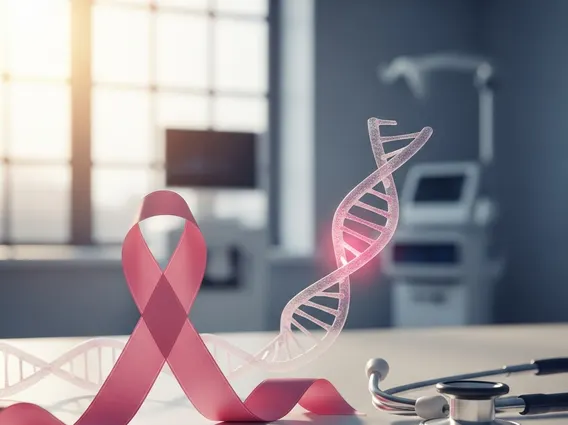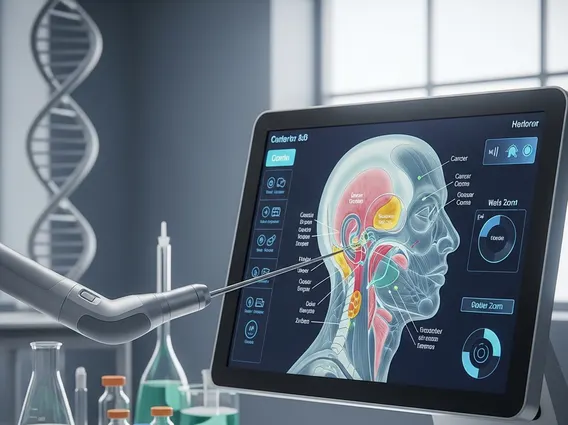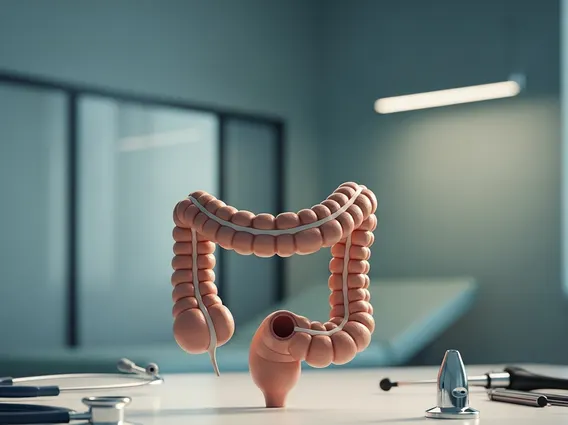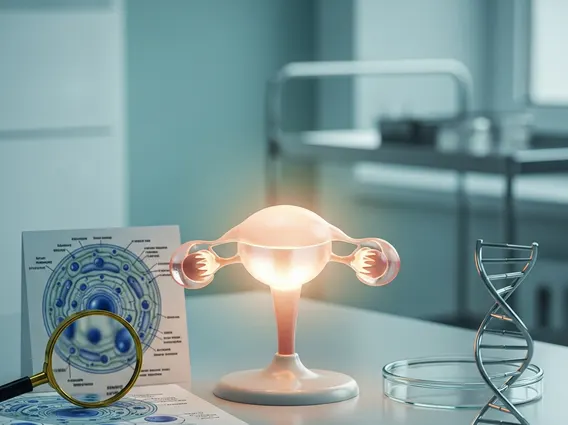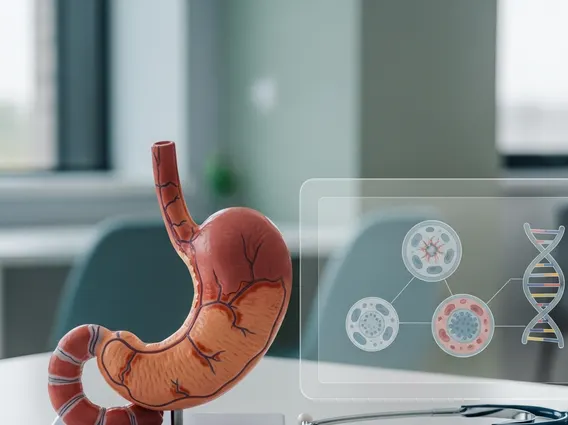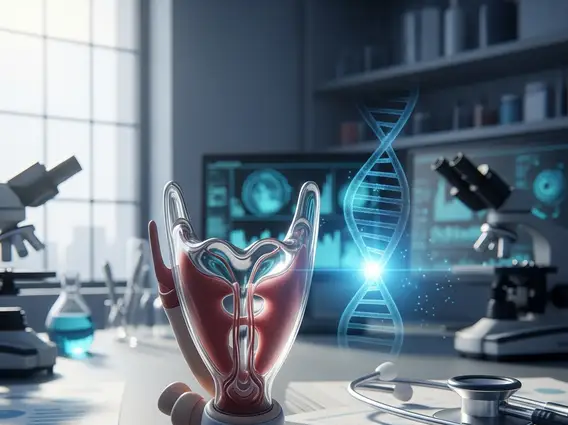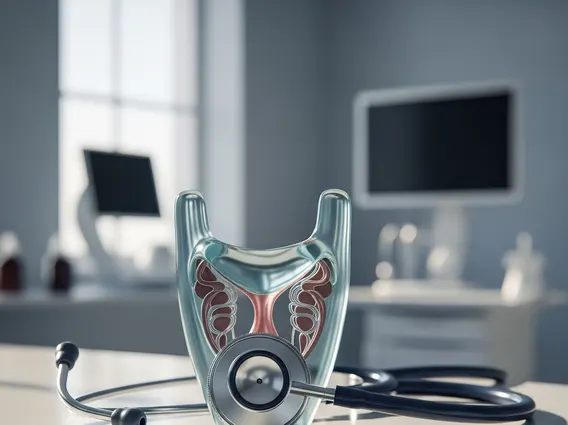What are colon cancer symptoms? Colon cancer is one of the most common types of cancer in the world. Although colon cancer can occur at any age, it is most frequently observed after the age of 50.
Colon cancer symptoms differ according to the anatomical structure of the affected portion of the colon. It can manifest itself in three regions, the ascending colon (the right column), the transverse colon (the horizontal column), and the descending colon (the left column) which together make up the proximal and distal colon.
What are Colon Cancer Symptoms?
The colon and rectum are both part of the digestive system. The large intestine is the organ that comes after the small intestine and is 1.5 m long. In the shape of an inverted letter U, it starts with the cecum, from the lower right side of the abdomen, goes up and passes through the abdomen horizontally by turning under the liver.
Colon cancer starts in the cells located in the colon. As the number of cells increase, it forms a ring around the colon, similar to a napkin ring. If diagnosed early, cancer cells can only be detected within the colon. If it is not diagnosed early, the cancer may spread to the lymph nodes and to other nearby organs such as the liver and lungs through the blood circulation.
Symptoms may include:
- New onset of constipation or symptoms of diarrhea
- Anemia caused by iron deficiency
- Thinning stools
- Blood mixed with stool or rectal bleeding after using the toilet
- Abdominal pain
- Involuntary loss of appetite and weight loss
Although these symptoms do not always indicate colon cancer, if you have complaints similar to these situations, be sure to consult a doctor. In addition, if you have a family history of colon cancer, breast, ovarian or cervical cancer, do not neglect to consult your doctor.
How Much does Ulcerative Colitis Increase the Risk of Colon Cancer?
Ulcerative colitis and Crohn’s disease are both a chronic inflammation of the tissues lining the large intestine. Both are risk factors for developing colorectal cancer.
Especially in people who have had ulcerative colitis for more than 10 years, the possibility of developing colorectal cancer increases considerably, even if they have had a positive response to treatment. For this reason, routine colonoscopies should be performed in these patients, whether they have symptoms associated with their disease or not. ,
In Crohn’s disease, intestinal contraction is experienced and increases the possibility of developing colorectal cancer. Smoking also increases the risk of colorectal cancer development with these two diseases.



